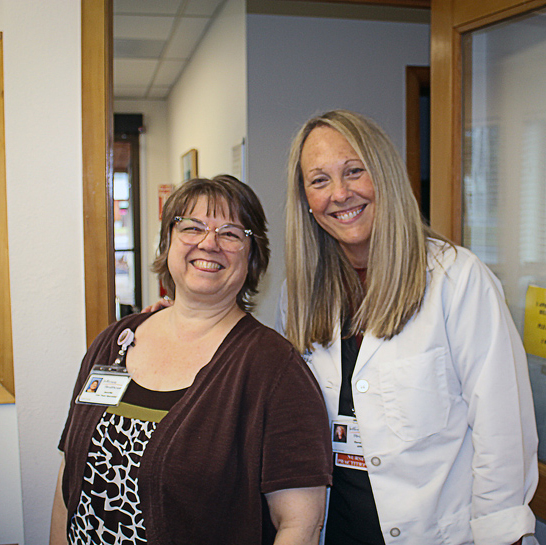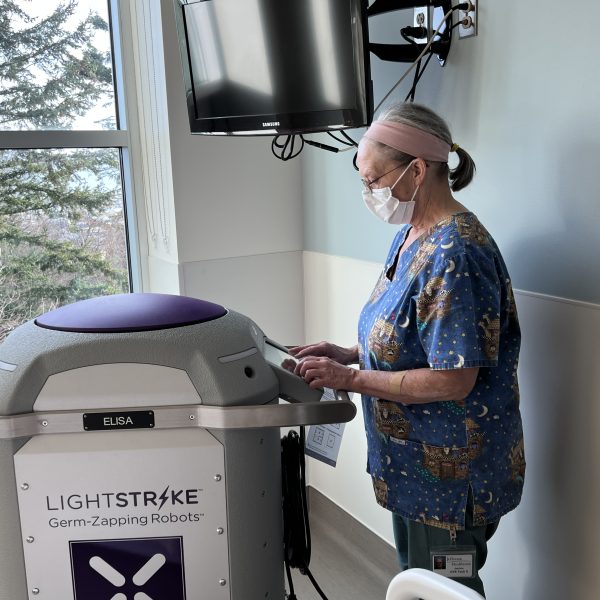Recognize the symptoms of a heart attack
A heart attack happens when the arteries that carry blood to the heart become blocked, keeping oxygen and vital nutrients from the heart muscle. This blockage causes pain and pressure known as a heart attack.
Sometimes a heart attack can go unnoticed because symptoms are absent. This is sometimes referred to as a “silent” heart attack. Other times, symptoms are ignored or mistaken for other conditions such as indigestion or a pulled muscle. Knowing the warning signs of a heart attack is important because the longer the heart is without oxygen, the more damage the muscle may suffer. As we say in the business, “time is muscle”.
It is also important to know the risk factors for heart disease, especially the ones that you can change!
- High blood pressure
- High cholesterol
- Poor diet
- Lack of exercise
- Smoking
- Poorly controlled diabetes
- Excess weight
- Age (for men, 45 and older; for women, 55 and older)
- Prior heart attack
- A family history of heart disease
Women often feel pain differently than men. They may experience pain in the jaw, neck, arms or arms, abdomen, or back. These are not the traditional warning signals we have all been taught. These symptoms can easily be mistaken for another problem, so it is important to pay attention to less obvious symptoms and changes in your body. Often times, these symptoms will worsen when more demand is put on the heart. Proper diagnosis is critical.
Hypertension is one of the largest risk factors for cardiovascular disease and can lead to a heart attack, heart failure, or stroke. “Staying on top of your blood pressure and monitoring it early, is an excellent way to minimize the development of heart disease,” says Heide Chaney, DNP, ARNP, FNP-C from the Jefferson Healthcare Cardiology Clinic. Your primary care provider can play a vital role in monitoring and managing blood pressure. When more in-depth care is needed the Cardiology Clinic at Jefferson Healthcare offers a variety of comprehensive array of diagnostic tests to identify heart-related conditions and a variety of innovative procedures to treat them.





